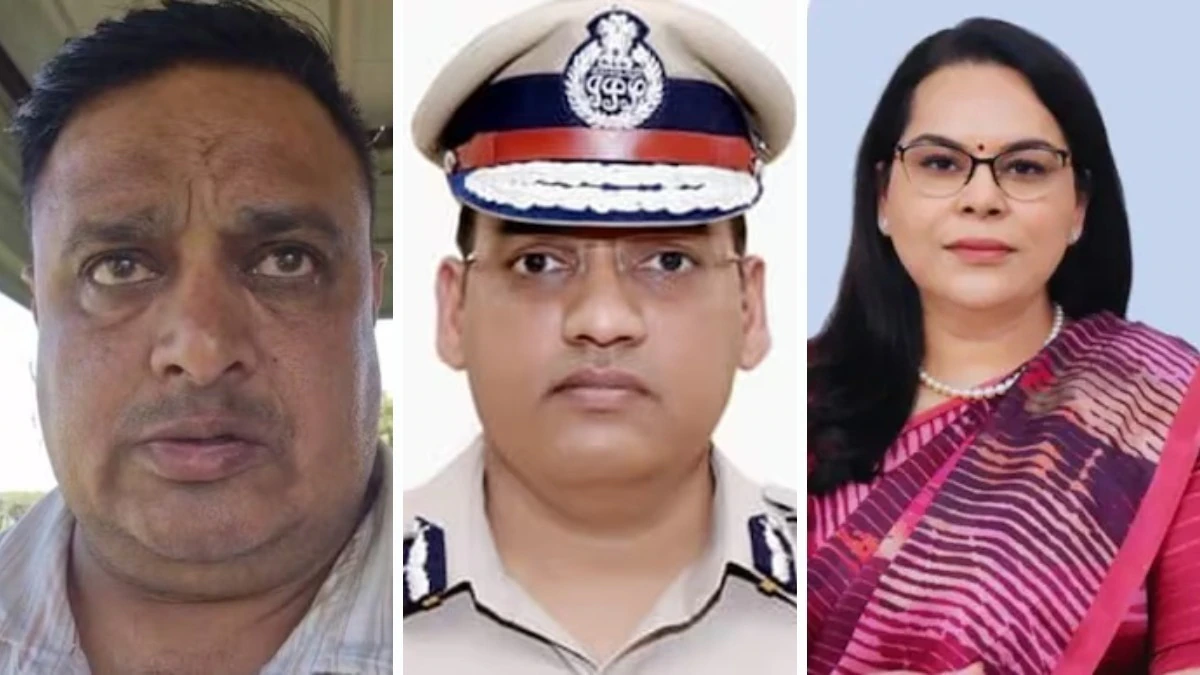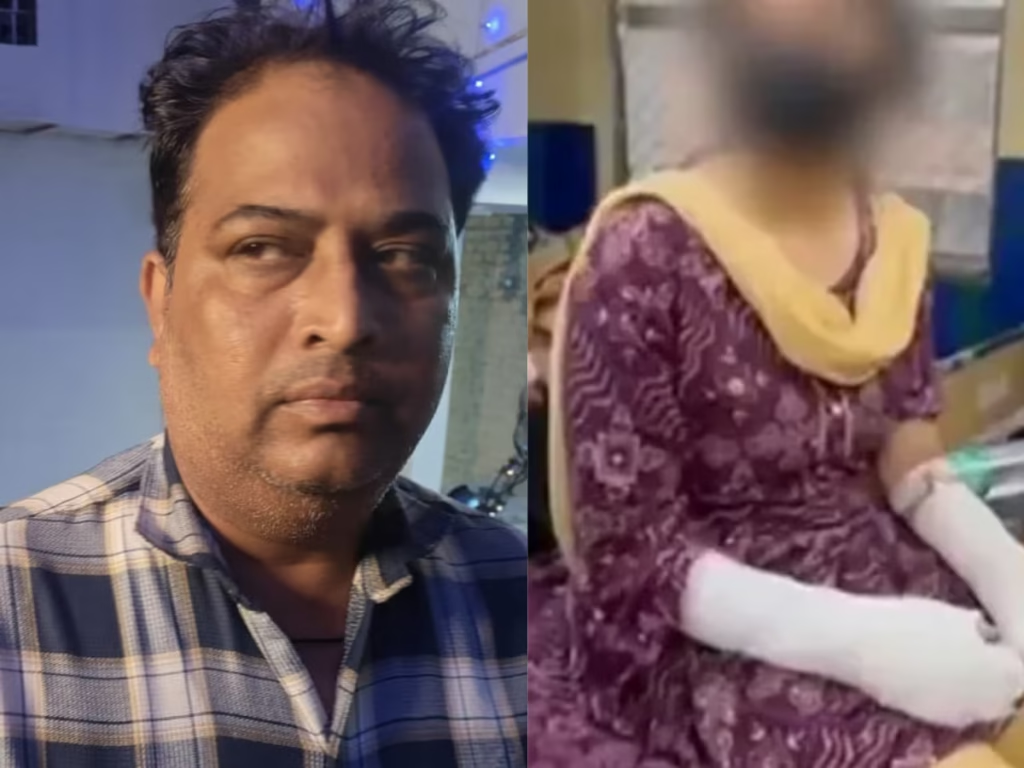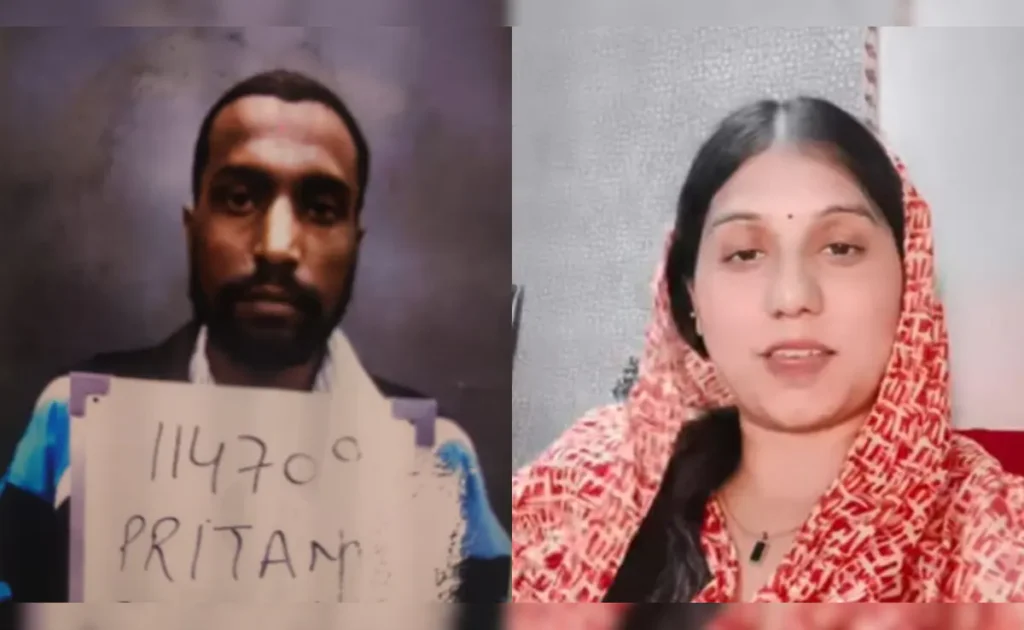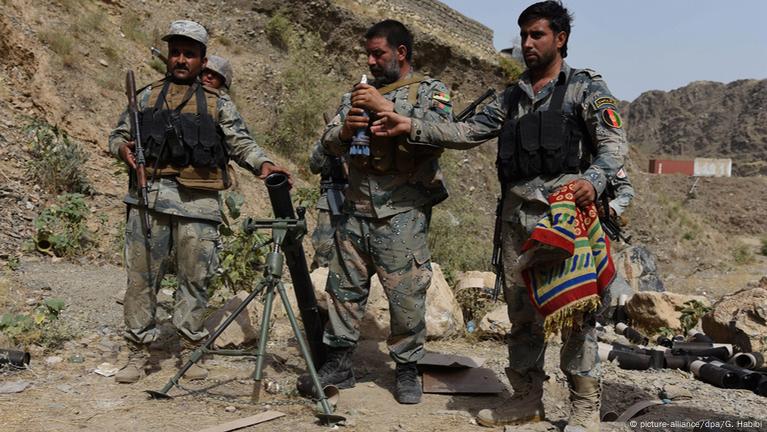Now Reading: Twist in Haryana ASI Suicide Case: FIR Names IPS Officer’s Wife and Brother-in-Law, Govt Faces Dual Pressure
-
01
Twist in Haryana ASI Suicide Case: FIR Names IPS Officer’s Wife and Brother-in-Law, Govt Faces Dual Pressure
Twist in Haryana ASI Suicide Case: FIR Names IPS Officer’s Wife and Brother-in-Law, Govt Faces Dual Pressure

A new development has emerged in the Haryana ASI suicide case, with an FIR now naming the wife and brother-in-law of IPS officer Puran Kumar. The incident has stirred political and administrative circles, placing the Haryana government under scrutiny on two fronts — the sensitive police department probe and growing public outrage.
The Assistant Sub-Inspector had reportedly taken his life under circumstances that raised questions about workplace pressure and personal harassment. Investigators say the deceased left behind a note pointing to ongoing distress linked to his professional environment. With the recent FIR, the case has taken a more complex turn, widening the circle of those under investigation.
Officials have confirmed that the named individuals, both relatives of the IPS officer, are accused of being involved in incidents that allegedly pushed the ASI towards suicide. The police are now examining communication records and departmental interactions to determine whether there was sustained mental or professional harassment.
For the Haryana government, the case presents a serious challenge. On one hand, it must ensure an impartial investigation into the role of senior officials and their families. On the other, it faces mounting criticism from the opposition and civil groups demanding accountability and reforms in police welfare policies.
Senior police officers have urged restraint until the inquiry is complete, emphasizing that premature judgments could impact the morale of the force. Meanwhile, the family of the deceased has called for swift action and transparency, arguing that justice must not be delayed or influenced by official hierarchy.
The case highlights long-standing concerns about the internal pressures faced by police personnel, especially lower-rank officers. Issues such as workload stress, lack of grievance mechanisms, and fear of departmental retaliation have often gone unaddressed in many state forces.
As the investigation progresses, all eyes are on how the Haryana government manages both the legal and administrative fallout. The outcome of this case could shape future discussions on accountability, mental health support, and systemic reform within India’s police institutions.

























